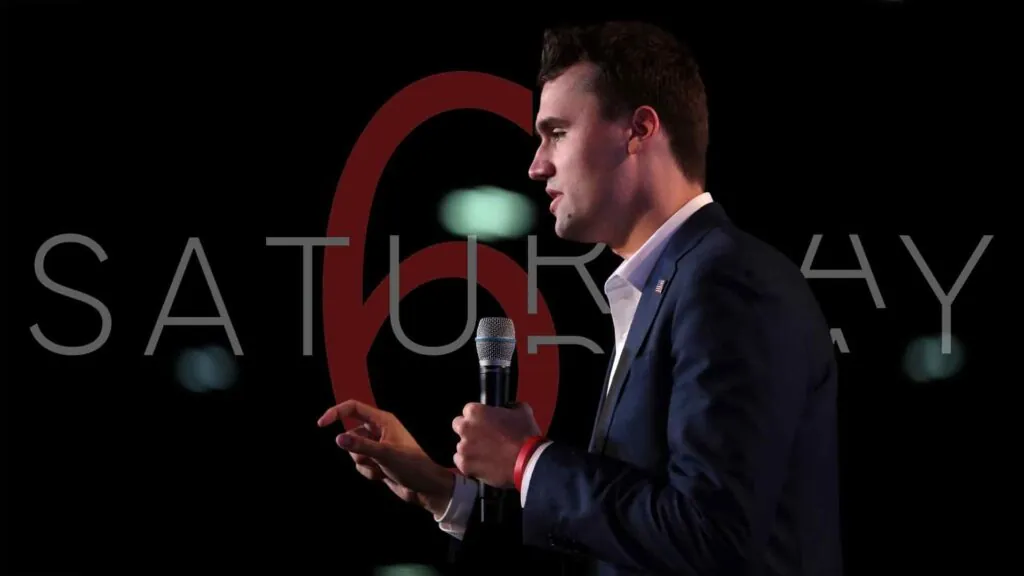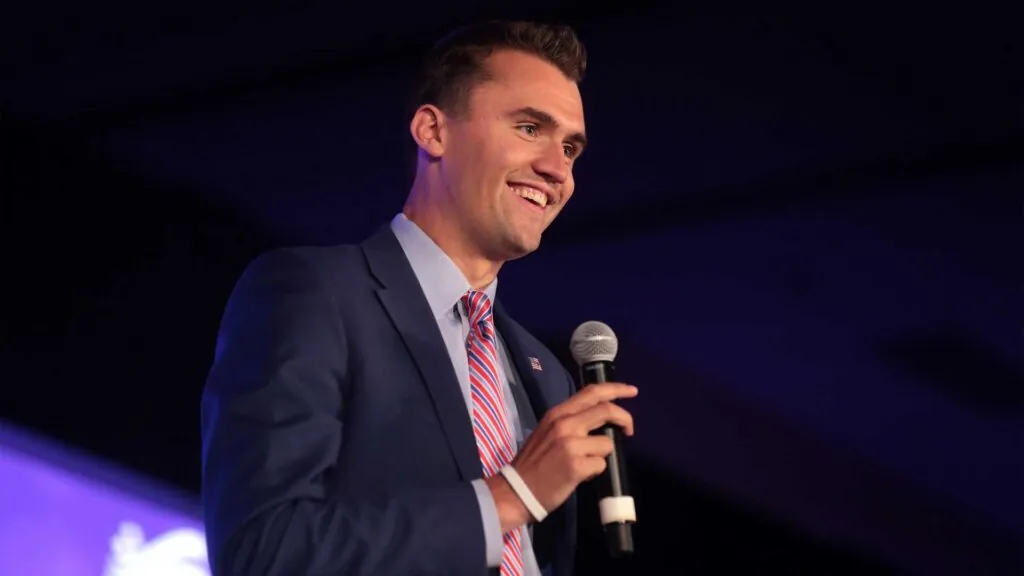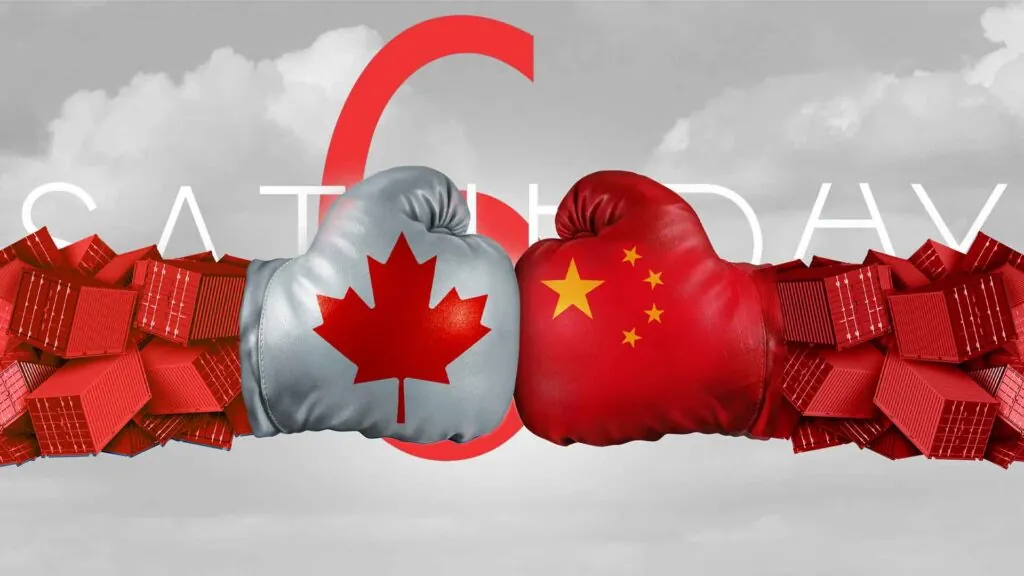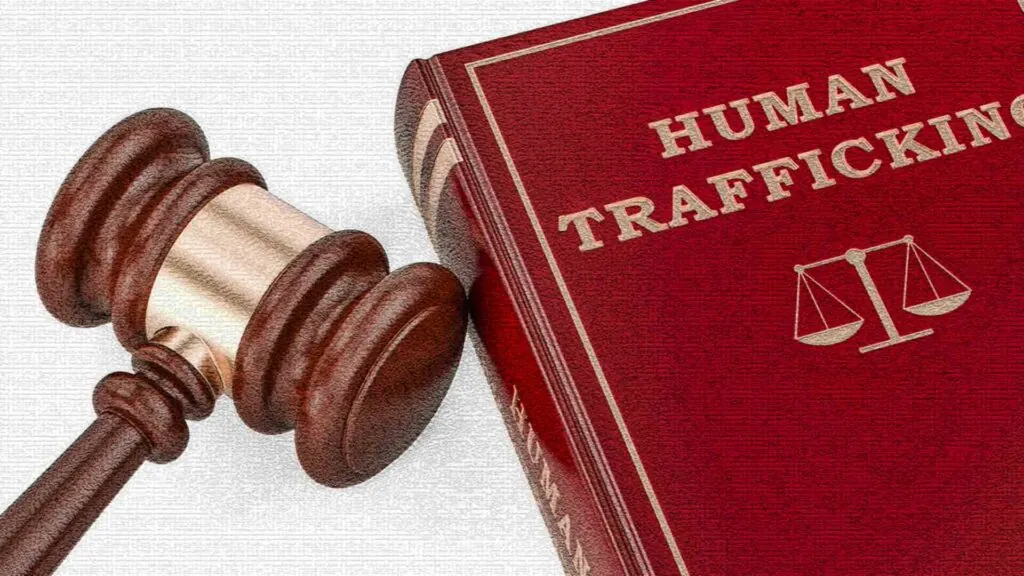
News
Saturday Selections – Sept 20, 2025
Charlie Kirk one week later
The link above heads to Tim Challies' collection of the week's best articles on Charlie Kirk. My favorite was by Barry York on how we should deal with the inevitable clips that will and have surfaced, where Charlie Kirk evidences less patience or less grace than was his norm.
I've my own thoughts. I've got liberal social media friends who are happy to cancel Kirk for a stray word... but is it really the stray words they are bothered by? In one of their posts a reference was made to how Charlie Kirk supported the stoning of homosexuals (which Stephen King also claimed and got in trouble for). The Christian response has mostly been to protest how anyone could ever possibly think that. But the better response is, I will suggest, to double down with the Gospel truth that it isn't just homosexuals who stand condemned, but every single one of us – before our just Judge we would all be found guilty of actions that warrant not simply stoning but the lake of fire (Matthew 5:21-22). I think what actually made Kirk offensive to many is how he shared that we are sinners in desperate need of a Savior. That's offensive indeed, both to the world and to the liberal church. It is also a very needed preamble to the good news of the Gospel.
Bach's music as the fingerprints of God
Defending the Christian faith can sometimes be awfully simple. So here's one simple defense of the faith that amounts to an "argument from beauty."
- There is the music of Johann Sebastian Bach.
- Therefore there must be a God.
As philosopher Peter Kreeft notes, you either get this one or you don't. But that doesn't make it any less true.
IVF may have killed more than 250 million since 1978
"In vitro fertilization is destroying hundreds of millions of human embryonic children, according to a new estimate. This further shows why pro-lifers must be as opposed to IVF as they are to abortion."
To put that in some kind of context, the Encyclopædia Britannica estimates the total number of people killed in World War II, including the Jews murdered in the Holocaust, the soldiers on both sides, and the civilians too, as being between 35 million and 60 million. In other words, the IVF deaths you aren't hearing about anywhere may amount to four times the number of those killed in the biggest war ever waged.
If books are too indecent to show in the paper or read out loud at meetings, what are they doing in Alberta public schools?
Alberta opposition leader Naheed Nenshi has been challenged to read out loud the horrific graphic novels he is defending.
Guns and statistics
Statistics are said to be one of the three big classes of lies, so it should come as no surprise that government statistics often align quite closely with whatever narrative it is that they are trying to push. The FBI has reported that armed civilians stopped active shooters in just 3.7% of the time over the last 10 years. But a watchdog group says that this low number has a lot to do with how the FBI chose to tabulate the data. They counted things up quite differently, and, if you excluded shootings taking place in "gun-free zones" (where no one other than the shooter was going to have a gun), then 52.5% of these events were stopped by a civilian with a gun. That number has its own spin, but this is an important article to read to really understand the need for taking a Prov. 18:17 approach to statistics.
Chris Gordon: a word to young people over the death of Charlie Kirk
Too many of us actually saw Charlie Kirk die – the videos of his death, videos of people celebrating his death, videos of nihilists preaching chaos, were streamed all over the Internet. Pastor Chris Gordon begs young people to look away. We are not meant to dwell on this brutality and darkness. Look to Christ instead!
Charlie Kirk picture is adapted from one by Gage Skidmore and is used under a CC BY-SA 2.0 license.






























